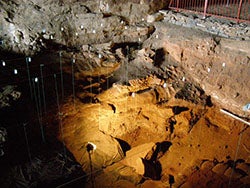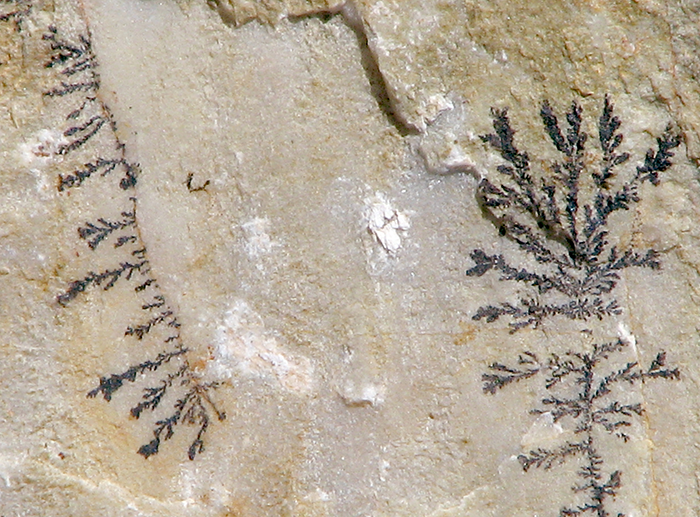
Catching fire
 Making French fries is relatively easy. You just need sliced potatoes and hot oil. But if you bite into the potato before it’s been in the oil, it will be hard and crunchy and not very good. Actually, there’s a reason we like the taste of cooked food. The cooking process makes starchy foods (such as potatoes) digestible. We can then get more energy from the food than if we ate it uncooked. Although people in the United States now have health problems from eating too many calories, in the past this helped us survive.
Making French fries is relatively easy. You just need sliced potatoes and hot oil. But if you bite into the potato before it’s been in the oil, it will be hard and crunchy and not very good. Actually, there’s a reason we like the taste of cooked food. The cooking process makes starchy foods (such as potatoes) digestible. We can then get more energy from the food than if we ate it uncooked. Although people in the United States now have health problems from eating too many calories, in the past this helped us survive.
For an archaeologist, cooking means fires. The earliest evidence for small, controlled fires come from 800,000-year-old caves in South Africa and Israel. That's about 600,000 years before the age of the first modern human fossils. However, long before that, people may have used fire when they found it, such as from wildfires or lighting strikes. Besides cooking food, the ability to make and sustain fires has other advantages. Fires help to keep predators away from the camp. Fires keep you warm on cold nights. Just like families gather in kitchens today, fires bring people together. For humans in the past, fires kept everyone safe and fed, and were a very important part of life.
Be Part of
Ask An Anthropologist
By volunteering, or simply sending us feedback on the site. Scientists, teachers, writers, illustrators, and translators are all important to the program. If you are interested in helping with the website we have a volunteers page to get the process started.

